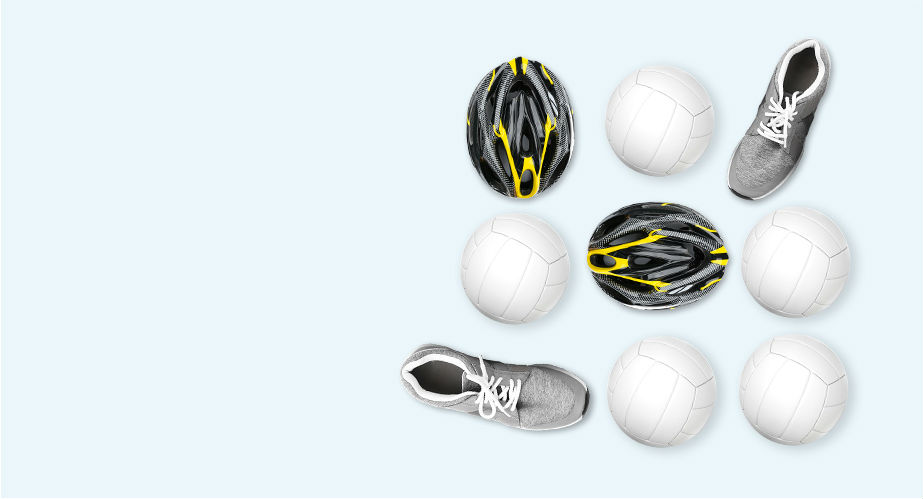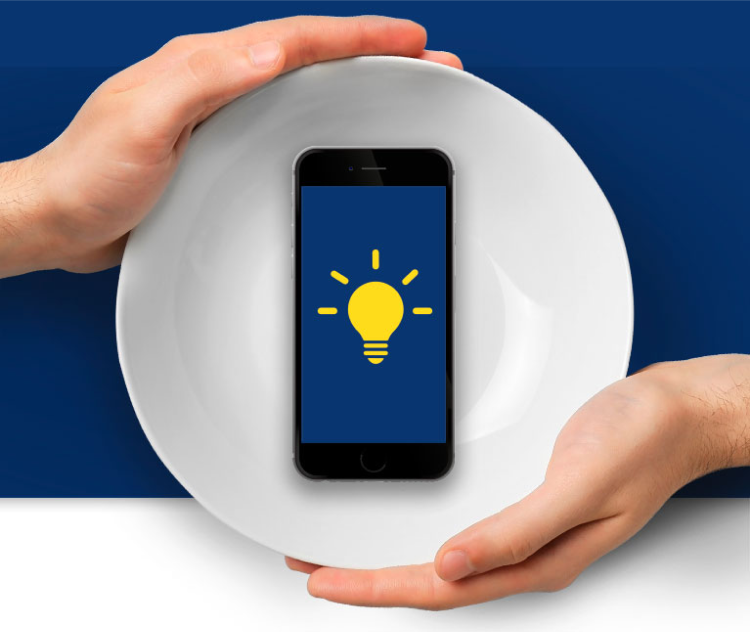Getting a Move on
Physical activity is one of the most important things you can do to help manage your diabetes and improve your overall health. The benefits of exercise for diabetes include everything from lowering your blood sugar level and blood pressure, burning calories, and boosting your energy to even improving your mood. Moreover, if you have prediabetes, it can help prevent or delay type 2 diabetes.





